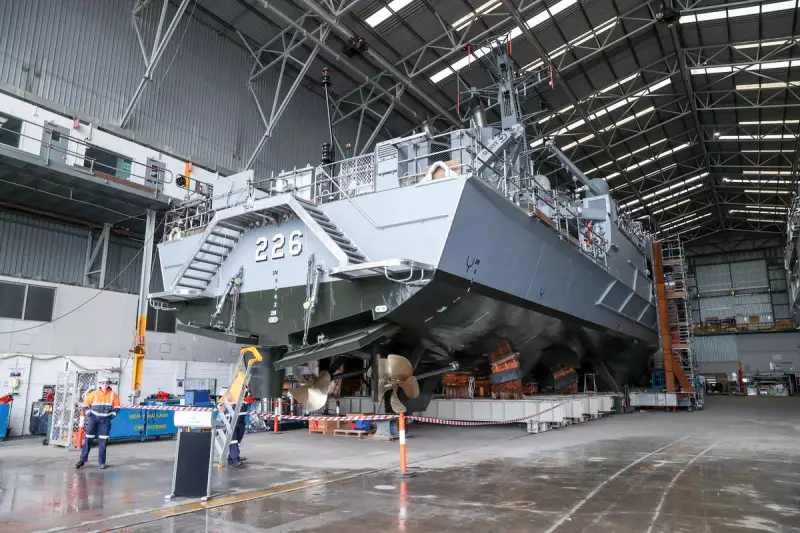
The Australian defence landscape faces potential disruption as Japan has formally raised concerns with the Australian Department of Defence about a South Korean company's bid to acquire Austal, the nation's last major shipbuilder.
Formal Diplomatic Intervention
Japan's government has lodged official objections regarding Hanwha Ocean's proposed takeover of Perth-based Austal. The Japanese embassy in Canberra confirmed it had expressed worries directly to Australian defence officials, highlighting the strategic implications of such a deal.
The intervention comes as the Foreign Investment Review Board (FIRB) examines Hanwha's bid, which would see South Korea's second-largest shipbuilder take control of Australia's sole naval shipbuilder capable of constructing warships for export.
Strategic Concerns and Regional Dynamics
Japanese officials are particularly concerned about technology transfer and regional security balance. Austal currently holds significant contracts with the Australian Defence Force and has established partnerships with allied nations, including the United States.
The timing is critical, with Australia seeking to strengthen defence cooperation with both Japan and South Korea through the AUKUS partnership and other regional security initiatives. A South Korean takeover of Austal could complicate these delicate diplomatic relationships.
Austal employs approximately 1,200 workers at its Henderson shipyard in Western Australia and has become a crucial component of Australia's sovereign defence capabilities. The company's expertise in constructing aluminium-hulled vessels, including the Navy's Armidale-class and Cape-class patrol boats, makes it strategically valuable.
Broader Implications for Australian Defence
The Japanese intervention highlights the growing complexity of defence industry ownership in an increasingly competitive Indo-Pacific region. With Australia investing heavily in naval capability through programs like the Hunter-class frigate project and AUKUS nuclear-powered submarines, maintaining control over strategic assets has become paramount.
Defence Minister Richard Marles faces a delicate balancing act, needing to consider both foreign investment benefits and national security requirements. The decision could set a precedent for how Australia manages foreign involvement in its defence industry amid growing geopolitical tensions.
The outcome of this review will significantly impact Australia's future defence partnerships and its ability to maintain sovereign control over critical military manufacturing capabilities. Industry observers suggest the government may impose strict conditions on any approved takeover to protect sensitive technology and ensure ongoing support for Australian Defence Force requirements.





